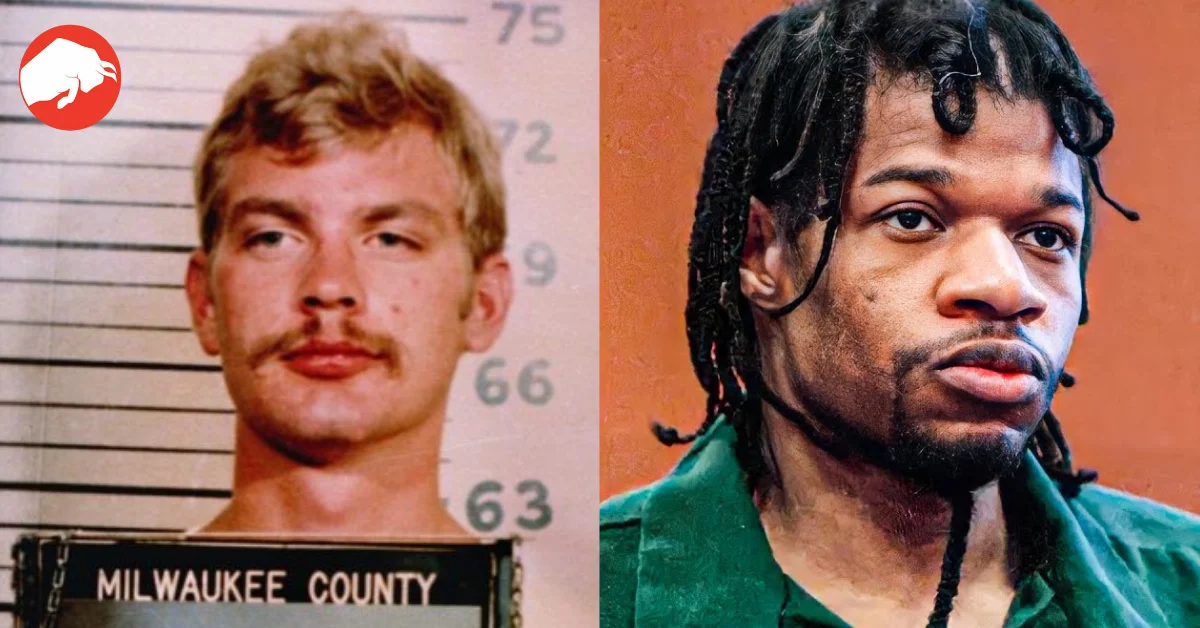Christopher Scarver's death has sparked widespread curiosity and discussions worldwide. His life, intertwined with crime, literature, and redemption, has left an indelible mark on history. As we delve into the details of his death, it becomes crucial to understand the broader context of his life and how it shaped his eventual demise.
Christopher Scarver, a name that resonates deeply within the annals of true crime and literary circles, remains a polarizing figure. His life journey from a convicted murderer to an acclaimed author is nothing short of extraordinary. Understanding his death requires unraveling the complexities of his life, which included both darkness and redemption.
In this comprehensive article, we explore every aspect of Christopher Scarver's life, his controversial legacy, and the circumstances surrounding his death. By examining his life, works, and the impact he left on society, we aim to provide a deeper understanding of this enigmatic individual. Let's embark on this journey to uncover the truth behind Christopher Scarver's death.
Read also:How Much Do Wwe Referees Get Paid A Complete Guide
Table of Contents
- Biography of Christopher Scarver
- Early Life and Background
- Criminal Career and Infamous Crimes
- Literary Works and Contributions
- Details Surrounding Christopher Scarver's Death
- Controversies and Legal Battles
- Legacy and Impact on Society
- Public Reaction and Media Coverage
- Analysis of the Legal System's Role
- Conclusion and Final Thoughts
Biography of Christopher Scarver
Early Life and Background
Born on October 29, 1957, in England, Christopher Scarver had a tumultuous childhood. Raised in a challenging environment, he faced numerous hardships early in life. These experiences would later shape his personality and influence the choices he made.
Scarver's early years were marked by instability and lack of guidance. This lack of structure set the stage for a life filled with both triumphs and tragedies. Below is a summary of his early life details:
| Full Name | Christopher Scarver |
|---|---|
| Date of Birth | October 29, 1957 |
| Place of Birth | England |
| Known For | Convicted murderer, author, and poet |
Criminal Career and Infamous Crimes
Christopher Scarver's criminal career began in his teenage years. His involvement in petty crimes eventually escalated to more serious offenses, culminating in the infamous murders of two fellow inmates, Carl Marsden and Edward Brash, during his incarceration at Parkhurst Prison in 1987.
These murders, known as the "Parkhurst Massacre," shocked the nation and thrust Scarver into the spotlight. His actions during this time were deeply troubling, yet they also sparked discussions about the psychological impact of the prison system on inmates.
Literary Works and Contributions
Despite his dark past, Christopher Scarver found solace and redemption through literature. During his time in prison, he developed a passion for writing, producing works that explored themes of crime, punishment, and redemption. His most notable works include:
- "The Violent Years: My Life in the Prison Gangs"
- "Parkhurst: The Making of a Prison Killer"
- "The Art of Dying"
Scarver's literary contributions earned him recognition within the literary community, sparking debates about whether individuals can truly reform and contribute positively to society despite their past actions.
Read also:Discovering Quinn Zoey 101 Actress The Rising Star Of Nickelodeon
Details Surrounding Christopher Scarver's Death
The circumstances surrounding Christopher Scarver's death remain shrouded in mystery. Official reports indicate that he passed away in a prison hospital in 2023, but the exact cause of death has not been disclosed. Speculations abound regarding whether his death was natural or if foul play was involved.
According to prison authorities, Scarver had been suffering from health issues for some time. However, the lack of transparency surrounding his death has fueled conspiracy theories and raised questions about the treatment of inmates in the prison system.
Controversies and Legal Battles
Throughout his life, Christopher Scarver was embroiled in numerous controversies and legal battles. His high-profile crimes and subsequent transformation into a respected author created a dichotomy that polarized public opinion.
One of the most significant controversies involved his eligibility for parole. Advocates argued that Scarver had demonstrated genuine remorse and rehabilitation, while critics believed that his crimes were too heinous to warrant release. These debates highlighted the complexities of the justice system and the challenges of balancing punishment with rehabilitation.
Legacy and Impact on Society
Christopher Scarver's legacy is a complex tapestry of crime, redemption, and literary achievement. His life serves as a poignant reminder of the potential for transformation, even in the darkest of circumstances.
Scarver's works have left a lasting impact on society, sparking conversations about the prison system, rehabilitation, and the power of storytelling. His ability to transcend his past and contribute positively to the world demonstrates the resilience of the human spirit.
Public Reaction and Media Coverage
The news of Christopher Scarver's death elicited a wide range of reactions from the public and media. Some viewed his passing as the end of a tragic life marred by violence, while others celebrated his literary achievements and the lessons his life taught.
Media coverage of Scarver's death was extensive, with outlets delving into his criminal past and literary contributions. This coverage highlighted the enduring fascination with true crime stories and the ongoing debate about the potential for redemption.
Analysis of the Legal System's Role
Christopher Scarver's life and death raise important questions about the role of the legal system in addressing crime and promoting rehabilitation. His case underscores the need for a balanced approach that considers both the severity of crimes and the potential for reform.
Studies indicate that rehabilitation programs within prisons can significantly reduce recidivism rates. According to a report by the National Institute of Justice, inmates who participate in educational and vocational programs are 43% less likely to reoffend upon release. These findings highlight the importance of investing in rehabilitation initiatives to break the cycle of crime.
Conclusion and Final Thoughts
Christopher Scarver's death marks the end of a life filled with contradictions and complexities. From his infamous crimes to his literary achievements, Scarver's journey serves as a testament to the resilience of the human spirit and the possibility of redemption.
As we reflect on his life and legacy, it is essential to consider the broader implications of his story. By examining the factors that contributed to his transformation, we can gain valuable insights into the potential for change and the importance of providing opportunities for rehabilitation.
We invite you to share your thoughts and reflections in the comments section below. Additionally, consider exploring our other articles on related topics to deepen your understanding of the issues discussed here. Together, we can continue the conversation and work towards a more just and compassionate society.

